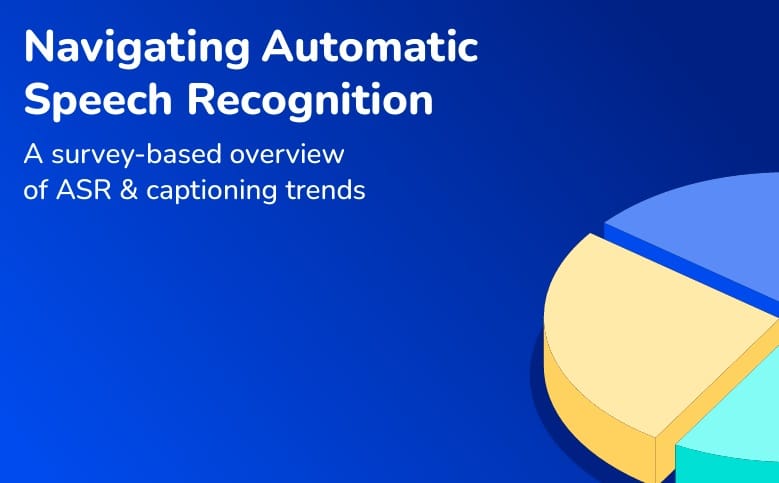A new report by Thomson Reuters explores the attitudes, perception and usage of generative AI among legal professionals and notes that its adoption is revolutionizing the way they operate.
Conducted earlier this year, “2024 Generative AI in Professional Services” surveyed partners, managers, directors, general counsel, assistant general counsel, attorneys and judges from across the US, UK and Canada. It provides a glimpse into gen AI’s impact on professional services and how legal professionals view AI-powered technology and its potential applications in daily work.
Enhancing workflows
The report reveals a generally positive outlook toward gen AI, with about 25% of professionals saying their organizations have already begun using it to update workflows.
“This could be one-off usage of public platforms such as ChatGPT but, increasingly, this also includes tools built specifically for industry use cases — such as legal research,” the report notes.
The survey notes that nearly 90% of corporate legal departments believe gen AI can be applied to their work and see improved efficiencies and productivity as key drivers. The technology also can automate some of the more time-consuming tasks, such as document review, contract analysis and legal research, and provide quality control checks.
“The past year has allowed companies and firms of all sizes to explore potential use cases that fit their own needs and desired outcomes, particularly as the technology is baked into pre-existing technology tools,” the report notes. “However, widespread adoption of gen AI tools has not yet occurred. Survey results show that while usage has indeed risen over the past 12 months, many professionals still consider their workplaces to be in the consideration phase as to whether gen AI should be used across the organization.”
Using legal-specific AI tools for legal work, like those offered through Verbit, can help ensure that the data and machine learning algorithms used are tailored to the needs of the industry. Training the data on legal industry terms and information, the report says, increases the accuracy and reliability of the results compared to using more generic AI tools.
Verbit’s legal transcription solutions are designed by legal experts who understand the reliability, accuracy and customization that the industry requires. Our specialized, highly trained AI boosts the efficiency and accuracy of the transcription process while our grading algorithms mimic national grading standards. Our generative AI tool, Gen.V, enables legal professionals to unlock even more value from their Verbit-produced transcripts by generating transcript insights such as summaries, chaptering, keywords and titles.

AI oversight remains a concern
According to the Thomson Reuters survey, cost savings and cost reductions were the top reasons given for gen AI’s application in the legal industry. Survey respondents in other industries also noted AI’s ability to boost efficiencies and productivity and provide insights and trends among its perks.
In contrast, concerns over AI’s reliability and accuracy were the top reasons that some in the legal industry were wary of the technology while respondents in other industries expressed worry over AI’s lack of human touch.
Though more than 40% of those surveyed said they were hopeful or excited about gen AI’s introduction into their industry, 35% said they were hesitant and 18% said they were concerned or fearful. Those reporting hesitation cited concerns over AI’s accuracy, its ability to deliver and an over-reliance on the technology. These concerns call attention to the need for the ethical use of AI and clear, responsible AI implementation strategies.
AI’s growing potential
Despite those challenges, gen AI has the potential to make legal professionals more efficient, productive and flexible.
“Although gen AI’s true impact may seem a proposition for far in the future, planning for its impact needs to begin now,” the report says. “As the research shows, proactive organizations have already begun exploring how gen AI will change the future of work, and those without such inclination or planning could risk becoming quickly left behind.”
Navigating changes and advancing technologies in the legal industry is easier with the help and support of expert partners, like Verbit. Reach out for more information about how Verbit combines AI-powered legal transcription solutions with professional transcribers for efficient, accurate results.




